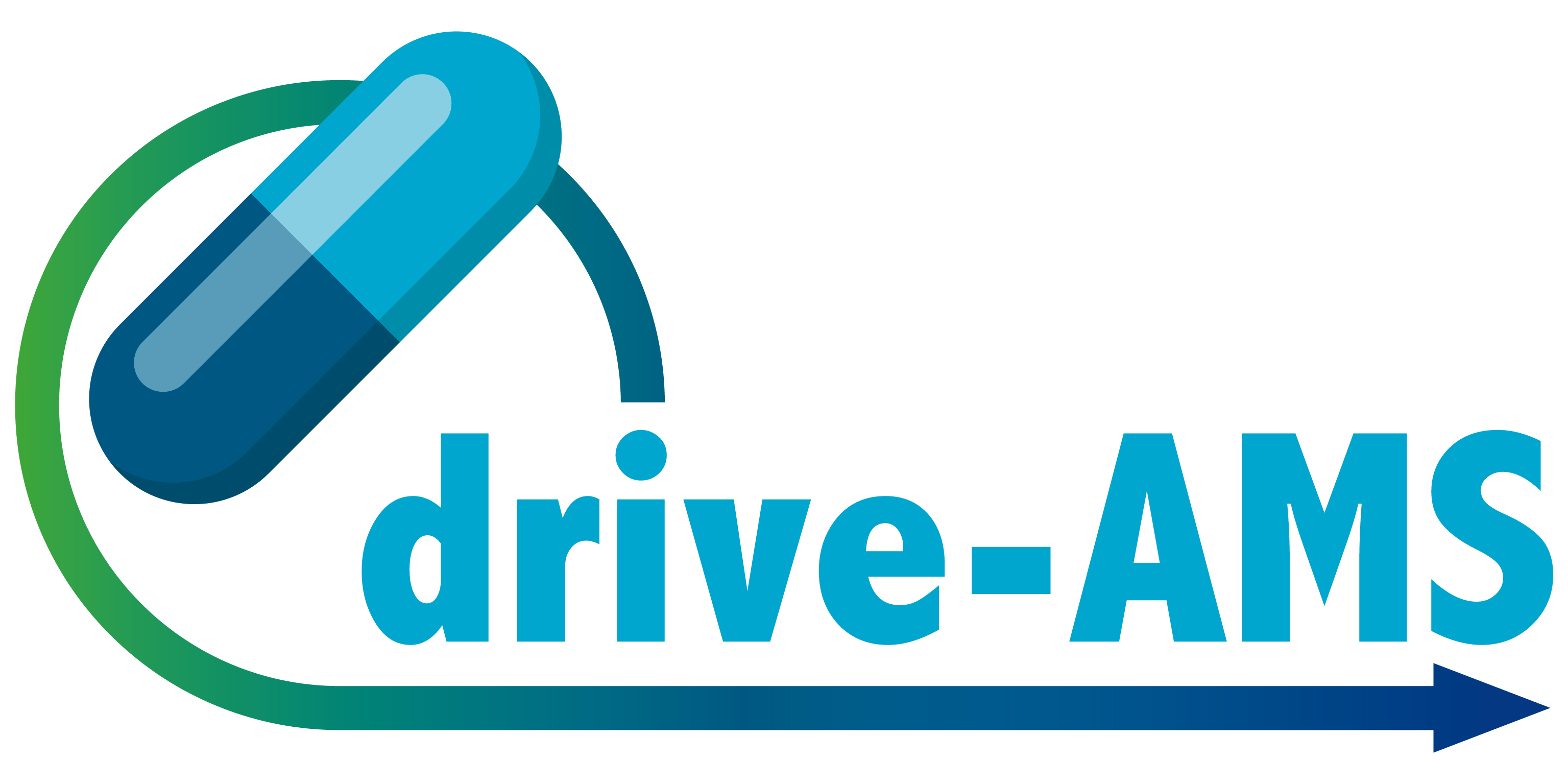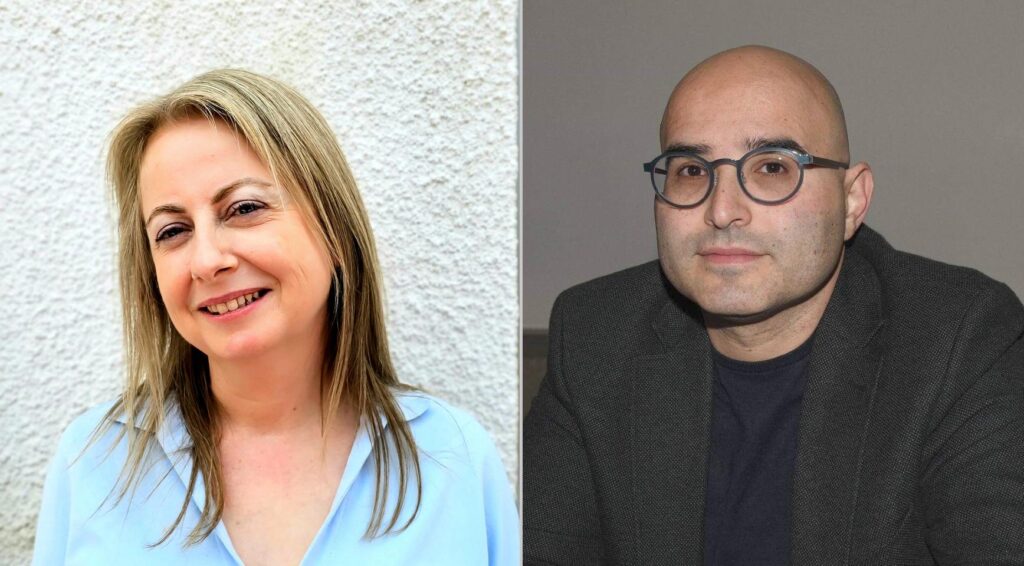Can you briefly introduce yourselves and your roles in Cyprus’ AMR strategy?
Markella Marcou: I’m head of the Microbiology Department at Archbishop Makarios III Hospital, which is the Paediatrics and Obstetrics and Gynaecology Hospital in Nicosia, and also serve as coordinator of our newly formed AMS Committee. One day a week, I work at the Ministry of Health where I collaborate with Linos on national AMR and infection prevention programmes.
Linos Hadjihannas: I head the Infectious Diseases Unit at Nicosia General Hospital and I work with Markella at the Ministry of Health. We’re both focal points for AMR and nosocomial infections.
What motivated your interest in AMR and stewardship?
Linos: AMR and nosocomial infections are central to our fields. We see firsthand the risks to patient safety, so contributing to national AMR efforts is a natural extension of our work. Cyprus has high antibiotic consumption and AMR rates, similar to other Southern European countries. It’s not just a national issue—it’s cultural.
Markella: Exactly. It’s about habits—how antibiotics are prescribed and how infection prevention is practiced. We don’t lack guidelines, but monitoring and adherence are the real hurdles. Until recently, most hospitals didn’t even have AMS committees. That changed last year, when a circular from the Ministry made them mandatory.
Why was it necessary to make AMS committees compulsory in hospitals?
Markella: Without stewardship structures, there’s no coordinated approach to prescribing. Multidisciplinary AMS teams are essential to developing realistic, context-specific interventions. We recommended to the Ministry that hospitals be required to form them—and the MoH agreed. By the end of 2024, a directive went out to all hospitals—public and private. That’s a major shift.
How did you first get involved in drive-AMS? Was it through the Greek drive-AMS team?
Markella: No. It started with Rosa Perran from the Netherlands’ Ministry of Health, Welfare and Sports. At an EU-JAMRAI meeting, she suggested we join the drive-AMS training course. From there, we were introduced to Jeroen Schouten and later to Prof. Roilides in Greece.
Linos: We realised the course was a perfect fit for Cyprus. We had just mandated AMS committees, and this was a timely opportunity to train them.
What did the February 2025 training achieve?
Linos: The first training brought together AMS teams from the eight largest hospitals in Cyprus: four public, four private. Each team designed a small-scale, realistic project to kickstart their AMS programme. It was a great way to combine policy with practice.
Markella: The course also introduced us to new concepts like identifying behavioural barriers and facilitators. A major take-home message, however, was that change takes time. It starts with small, realistic goals. In the course, the trainers used the Chinese bamboo metaphor: you water and water and see nothing for a long time, but suddenly, it grows strong and tall. That’s how change in AMS will take root.
What’s the follow-up plan after the February course?
Linos: Each hospital designed a realistic AMS project during the course. We’re now holding follow-up teleconferences every few months where each team presents their progress. Trainers from Greece join to advise and support.
Markella: Most of the hospitals also carried out a Global-PPS measurement before the course, and many plan to repeat it in a year to track improvements. We found the Global-PPS very user-friendly and not too time-consuming. That makes it a great tool to measure progress over time.
What outcomes do you hope to see?
Markella: We’re not expecting Cyprus to become Sweden overnight. But we do hope to stabilize the situation, and create small wins in each hospital. It’s about starting a cultural shift, about raising awareness and fostering change from within. The roots are in place. Now we water the bamboo.

